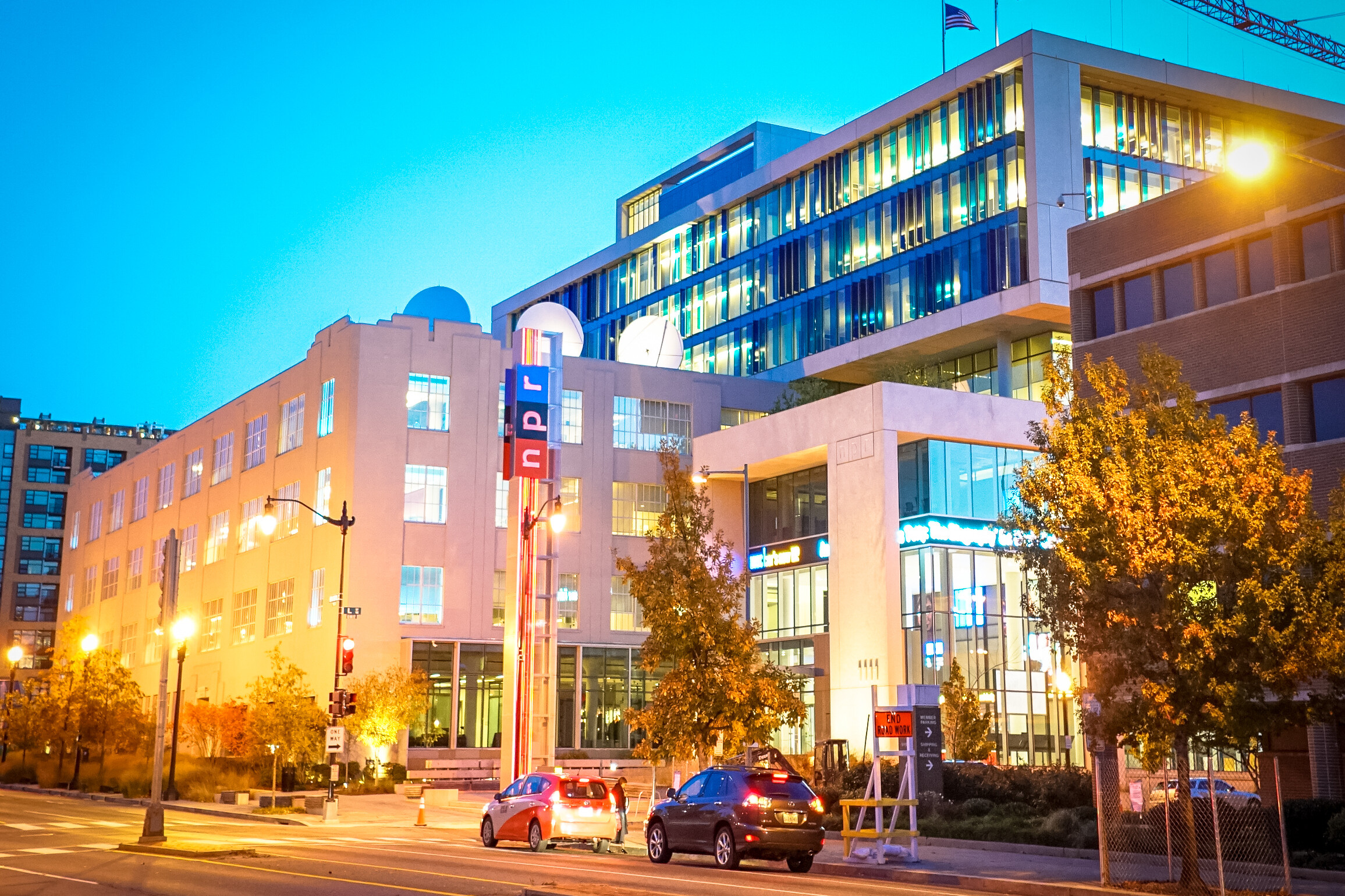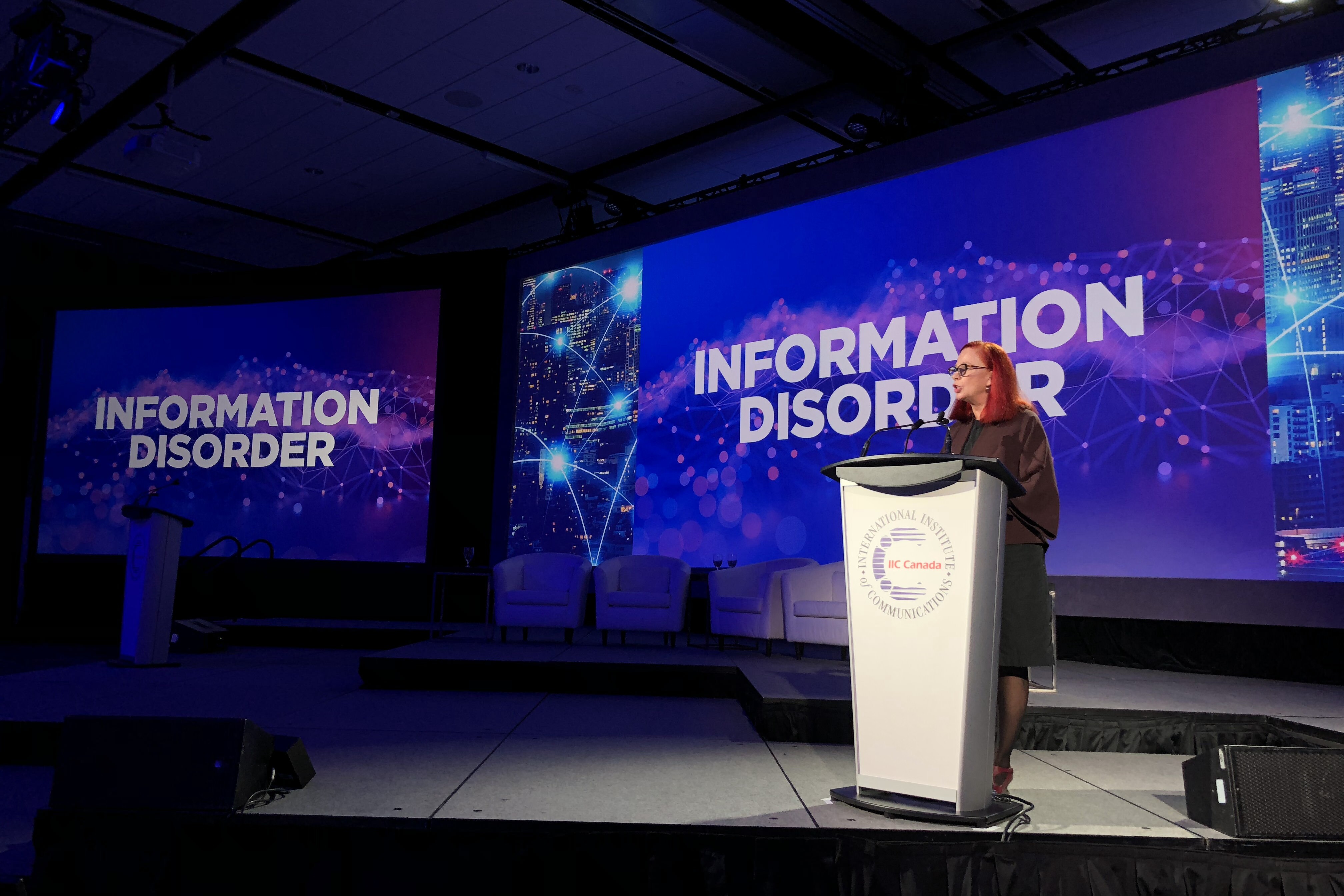Public service media have a fundamental role in reliably informing society, especially during times of election. But with declining trust in media overall, what can public media organisations do to maintain trust in their services?
Effective democracy relies on independent public media to hold power to account and inform citizens, arming them with the knowledge and news they need to effectively participate in society.
But with the spread of misinformation, competitive pressures, wariness of social media, state capture, the growth of partisan agendas and populist rhetoric against traditional news media, the public’s trust and confidence in the wider media is at an all-time low.
A study inAustralia found that trust in the media is at a record low of just 31%, with many consumers struggling to tell the difference between fake news and fact.
The Edelman Trust Barometer – an annual study of attitudes across 20 countries towards government, non-government organisations, business and the media – stated, “What we’re seeing from the Trust Barometer in Australia is that the global swell of fake news could be leading Australians to look deeper at media sources. In the 2017 Edelman Trust Barometer, 60 percent were more likely to believe search engines compared to human editors. This year, traditional and online media have moved significantly upwards in trust compared to search and social.”
The overall decline in trust is largely driven by growing scepticism of social media and a wariness of the way it spreads so-called “fake news”. 65% of the barometer’s respondents claim they strugglewith identifying what is and is not true in the media, with 57% concerned about disinformation being used for propaganda.
The 2019 Reuters Digital News Report on Australia stated that trust in news media dropped 6% from a high of 50% in 2018citing “upheaval marked by takeovers, closures, job losses, and a leadership crisis at the national public broadcaster ABC.”
And such results aren’t unique to Australia. The Reuters report shows a general decline worldwide, with trust in news media down two points to 42%. Alarmingly, in Hungary trust is down to 28%, France 24% and South Korea, just 22%.
Trust mechanisms
However, many public media organisations are working diligently to restore public faith and maintain their position among the most trusted institutions.
The Special Broadcasting Service (SBS), a national public broadcaster in Australia, is an organisation committed to increasing public engagement and rebuilding trust. The organisation has established a trust initiative that is guided by a principle to include “trust across all operations and interactions.”
According to Mark Cummins, the Content Manager for SBS Australia, the strategy includes “regular tracking and reporting, code of practices review, simplified credentials checking tools for content makers, audience customer service tools, cyber security and privacy training, and an internal communications review which helps amplify transparency.”
These accountability measures as well as significant investment in multilingual services – SBS broadcasts in 68 languages – to reach the breadth of Australia’s public, have helped SBS to maintain its position as one of the most trusted Australian outlets.
Read the latest SBS Corporate Plan, outlining its approach to trust
The internal elements referred to by Cummins are echoed across research platforms aiming to rebuild trust in the media. But addressing concerns about the sources and quality of information are also driving distrust.
Accuracy and verification
In the US, a report by the Knight Foundation stated, “Americans give clear indications that their trust largely relies upon getting accurate, unbiased and even-handed news.” However, this matter is further complicated by a disagreement on which news organisations are believed to be accurate and unbiased. According to the Trust Project- a group of news companies committed to developing transparency standards for quality journalism – the public “want to know who wrote or produced a story, what expertise they have, and whether the publisher has an agenda” – something that is all too often lost within Facebook, WhatsApp and other social media platforms.
Due to their “public” funding mechanisms, many PSMs are in a better position than most to address issues surrounding dis- and misinformation. Speaking at this year’s Radiodays Asia, the BBC’s Head of Indian Languages, Rupa Jha, highlighted the scope and importance of the BBC’s factchecking service in India, particularly during this year’s general election, where the organisation factchecked over 400 manifesto promises issued by Prime Minister Modi.
This also involved conducting extensive ethnographic research into the sources and reason behind the spread of fake news as well as combatting rumours spread via WhatsApp that led to a number of mob attacks and murders in the past year.
Filling the gap
The Public Broadcasting Service (PBS) in the US is another PSM investing in the rebuilding and maintenance of public trust. Founded in 1969, it has become the most prominent provider of educational programming in the United States. In 2019, PBS ranked number one in for the Most Trusted Institutionfor the 16thconsecutive year. The survey,which was conducted by Marketing and Research Resources found that, “Americans rank PBS as more trustworthy than institutions such as courts of law, the federal government and Congress, as well as media sources such as digital platforms, commercial broadcast and cable television, newspapers and social media.” In terms of value for tax dollars, the survey reflected that the public ranked PBS only below the “nation’s military defence, and ahead of social security, infrastructure, environmentalprotection and other vital services.”
PBS has several initiatives to build and maintain public trust. They support public safety across the country by ensuring communication reaches the public in emergency situations. “We are in the business of 24/7 communication and that makes us a perfect partner in the community in emergency situations,” said Josh Adams of Houston Public Media. “It really fills the gaps for primary responder communication but also if you get an alert on your phone, it’s a wireless emergency alert. We’ve worked with the FCC and FEMA to make sure that system never goes down.”
“PBS was absolutely essential in our response to hurricane Harvey, “ said an emergency official. “It allowed us to be able to share information from the emergency operation centre to the first responders where they’re needed.”
PBS is uniquely positioned to shore up public safety across the country because of its close relationship with the communities it serves, primarily through its extensive network of over 300 local stations.
The public broadcaster also focuses on educational media for children. PBS Kids has been ranked by parents “as the most educational media brand, substantially outranking other cable and commercial networks: 66% said the brand is their top choice for children.”
83% of parents agreed that PBS KIDS helps prepare children for success in school by “modelling positive social and emotional behaviours, and as the most trusted and safe source for children to watch television, and play digital games and mobile apps.”
Trust in PSM
In a time when the global news cycle is marginalising audiences by spreading misinformation and partisan views, the decline in trust in the media is alarming. Now more than ever public media need to stand out from the state and corporate organisations as trusted sources of news and information.
Public broadcasters are well equipped to serve citizens, largely thanks to their remit to serve the public that fund them. This ideally means they are more obliged to focus on running fact checking projects, reaching out and reflecting the needs of the public with educational programming and providing non-partisan government coverage, while holding power to account.
Where its independence is maintained, public media remains one of the few sources where citizens can access reliable and actionable information that allows them to participate fully in the country they call home.
Header Image: The SBS building in Melbourne’s Federation Square. Credit: Philip Bouchard/Creative Commons
Related Posts
1st November 2018
Insight | Disruption, Trust and the Public Broadcaster
President and CEO of CBC/Radio-Canada,…



